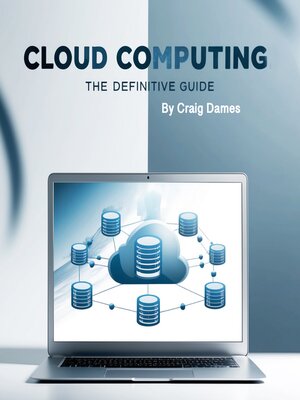
Sign up to save your library
With an OverDrive account, you can save your favorite libraries for at-a-glance information about availability. Find out more about OverDrive accounts.
Find this title in Libby, the library reading app by OverDrive.



Search for a digital library with this title
Title found at these libraries:
| Library Name | Distance |
|---|---|
| Loading... |
Cloud computing has revolutionized the way businesses and individuals interact with technology, offering vast opportunities for scalability, flexibility, and cost efficiency. At its core, cloud computing is the delivery of computing services over the internet, encompassing everything from servers and storage to databases and software. The concept has evolved over time, transforming from traditional IT infrastructure to highly dynamic and scalable cloud platforms that allow users to access resources on-demand.
The evolution of cloud computing dates back to the 1960s, with the concept of time-sharing and the idea of providing remote computing resources. However, it wasn't until the early 2000s that cloud computing began to take its modern form, largely due to the widespread adoption of broadband internet and advancements in virtualization technologies. Early pioneers like Amazon Web Services (AWS), Microsoft Azure, and Google Cloud laid the foundation for today's expansive cloud services.
Cloud computing is grounded in several key concepts and terminologies that are important to understand for anyone delving into this field. At its simplest, it allows users to access and store data over the internet rather than relying on local servers or personal devices. This shift has been made possible by virtualization, a technology that enables the creation of virtual instances of physical hardware, allowing multiple users to share resources efficiently. Another fundamental concept is elasticity, which refers to the ability to scale computing resources up or down based on demand, a key feature that sets cloud computing apart from traditional IT infrastructure.







